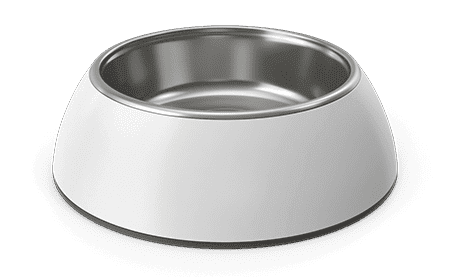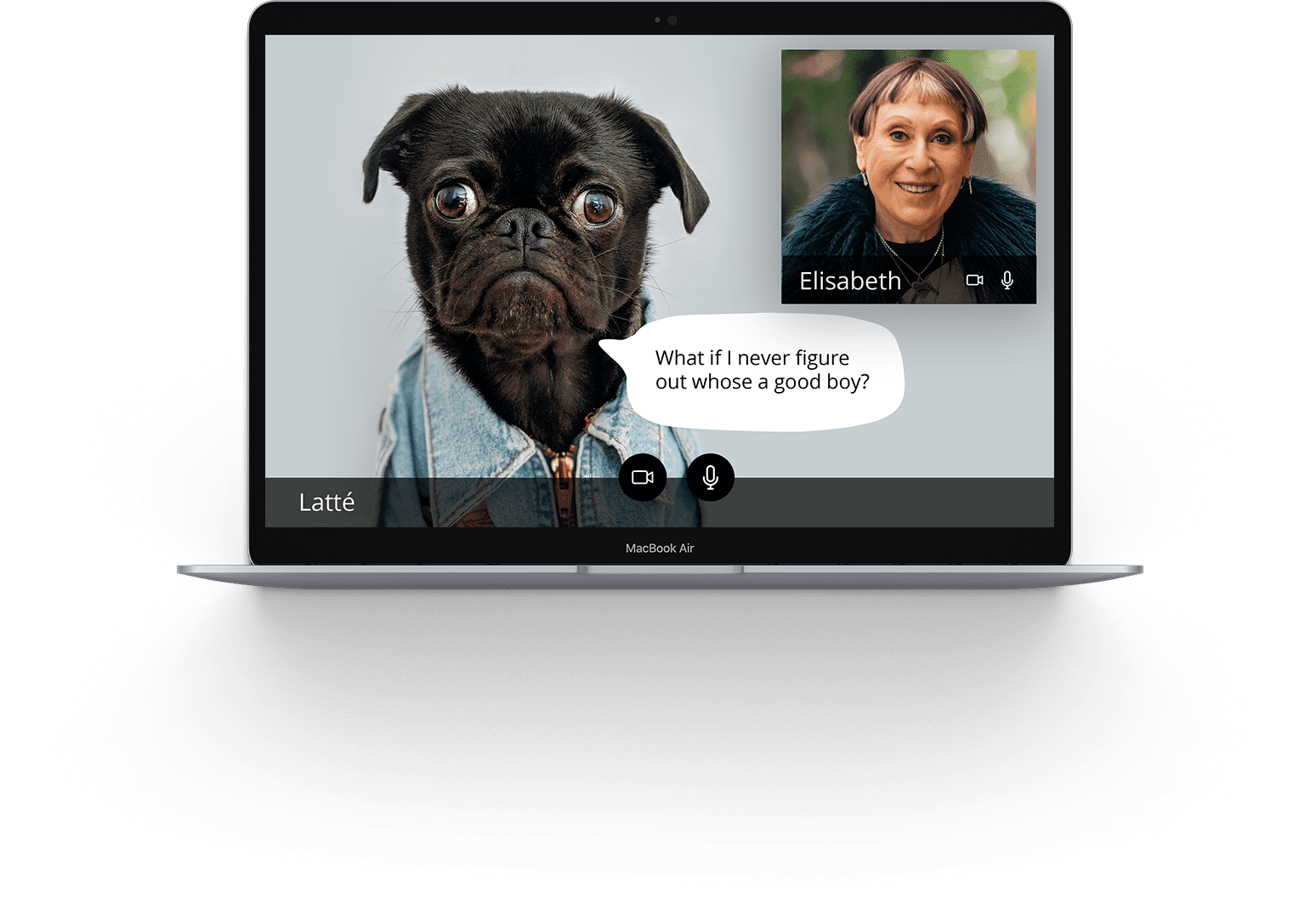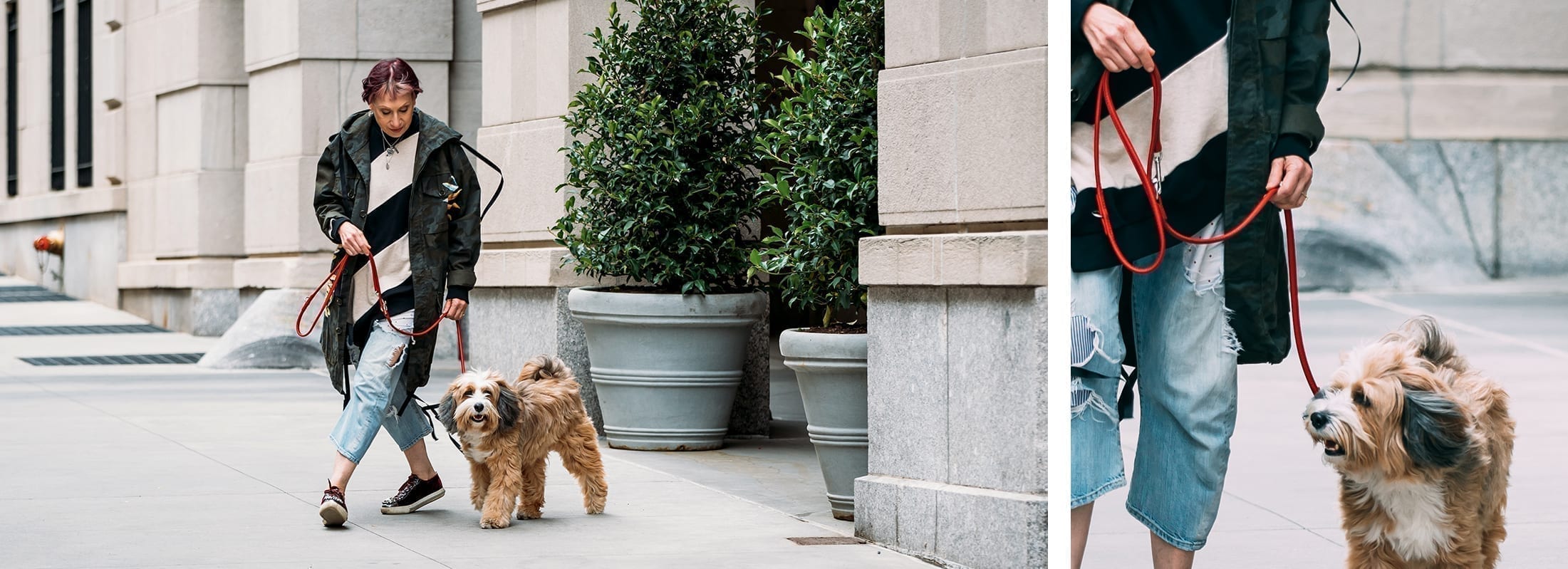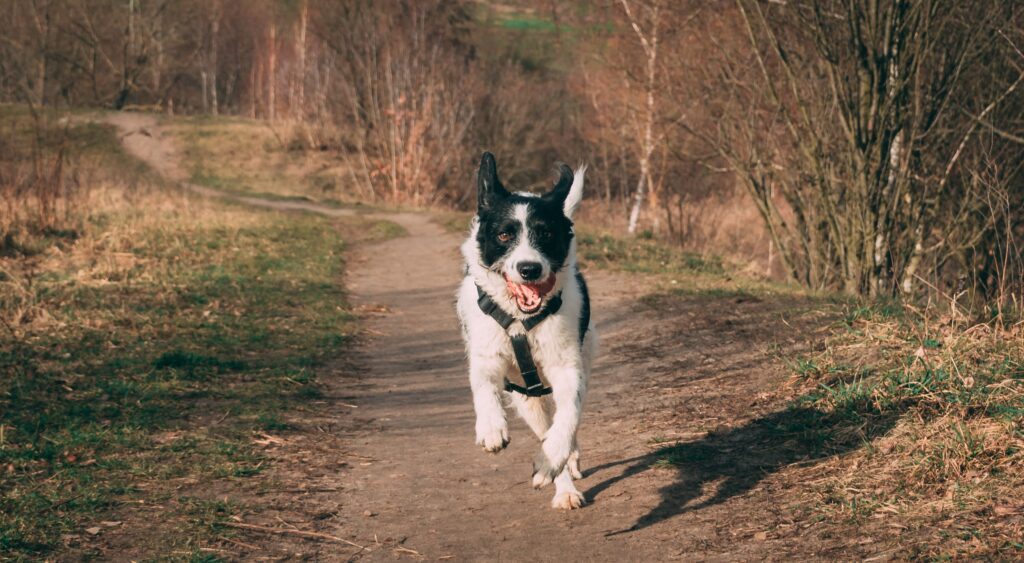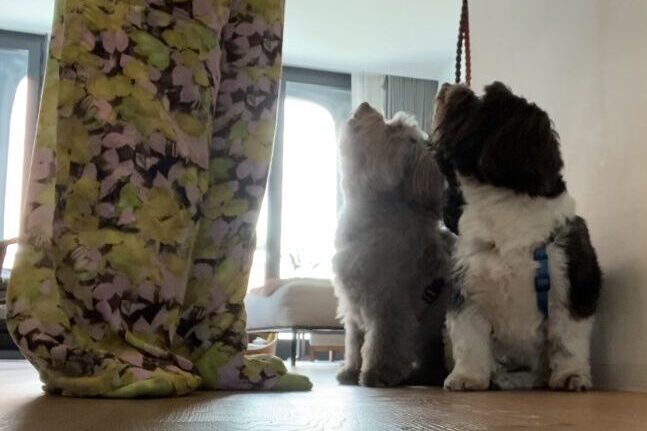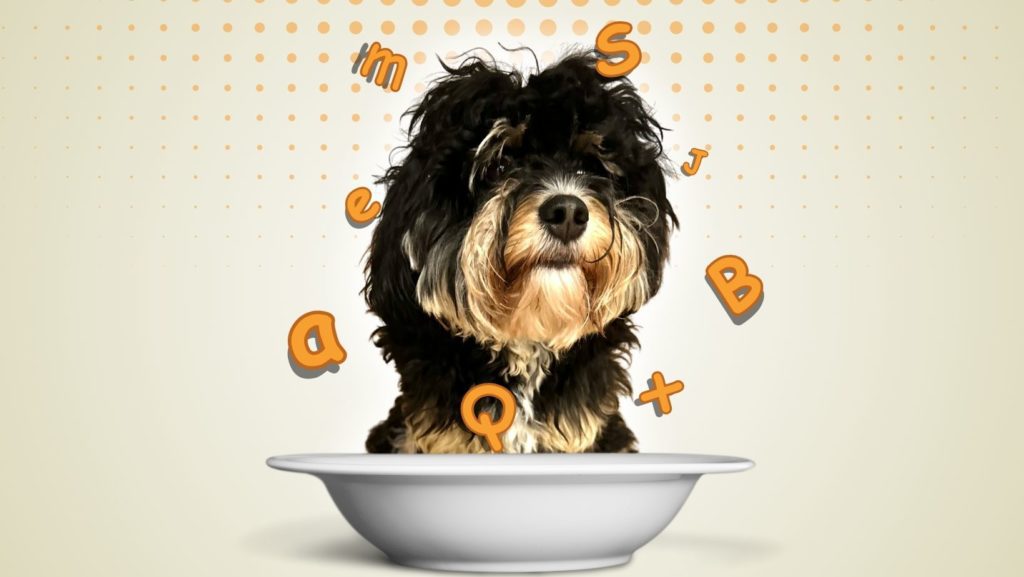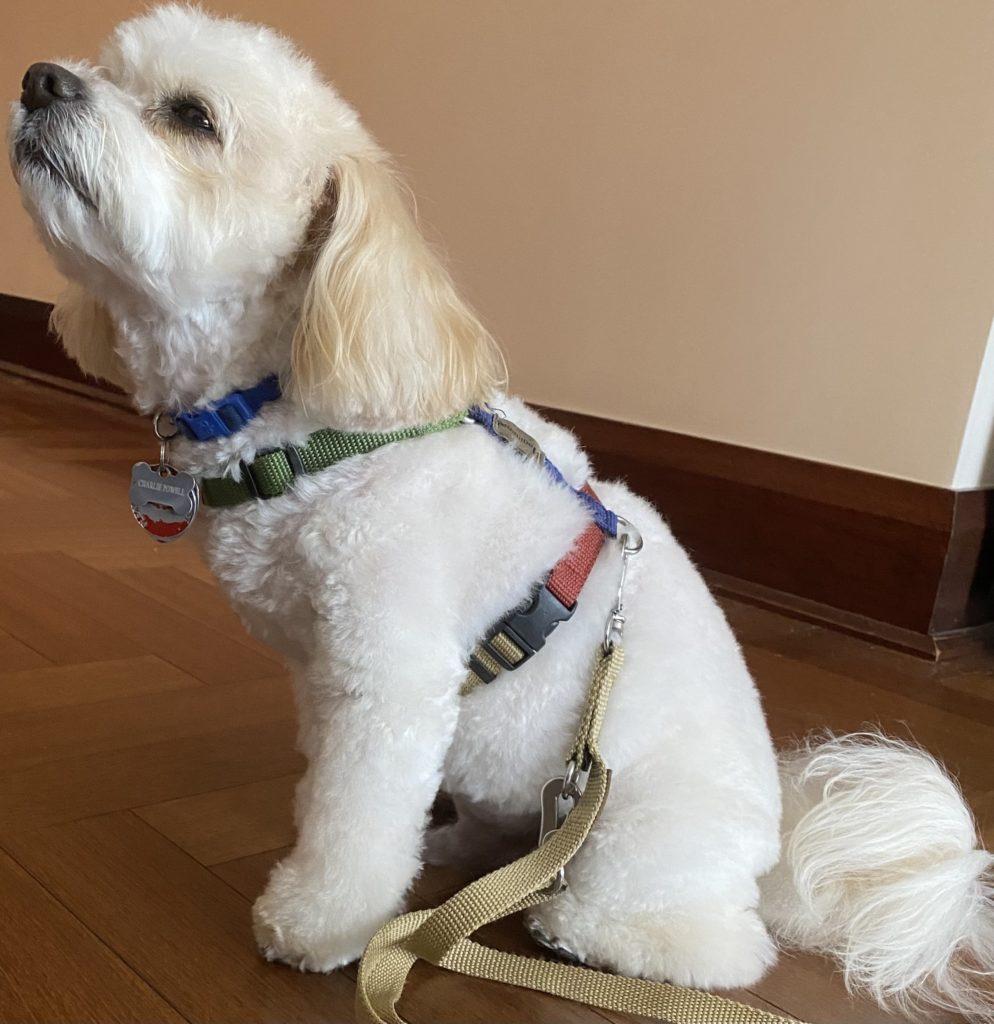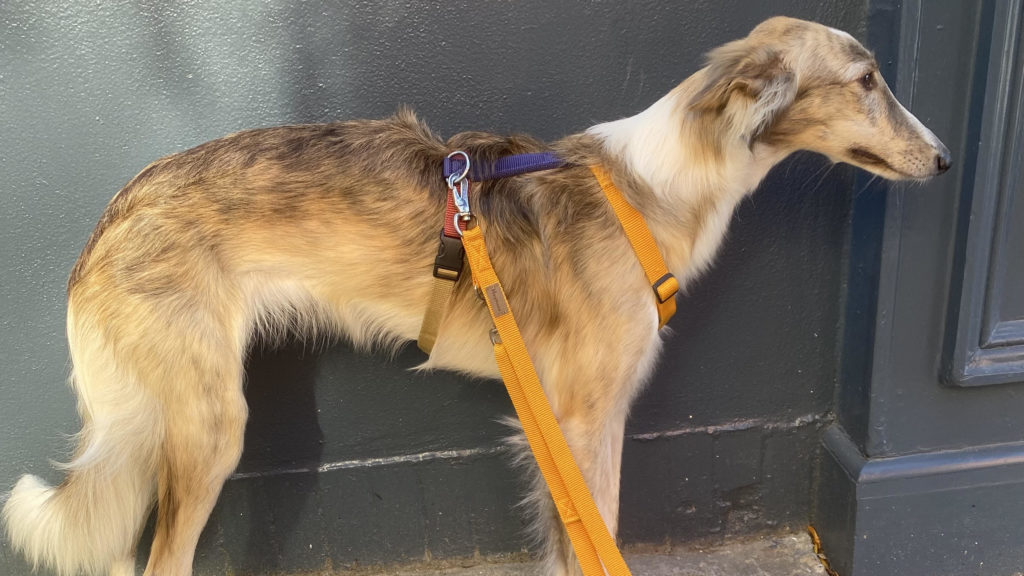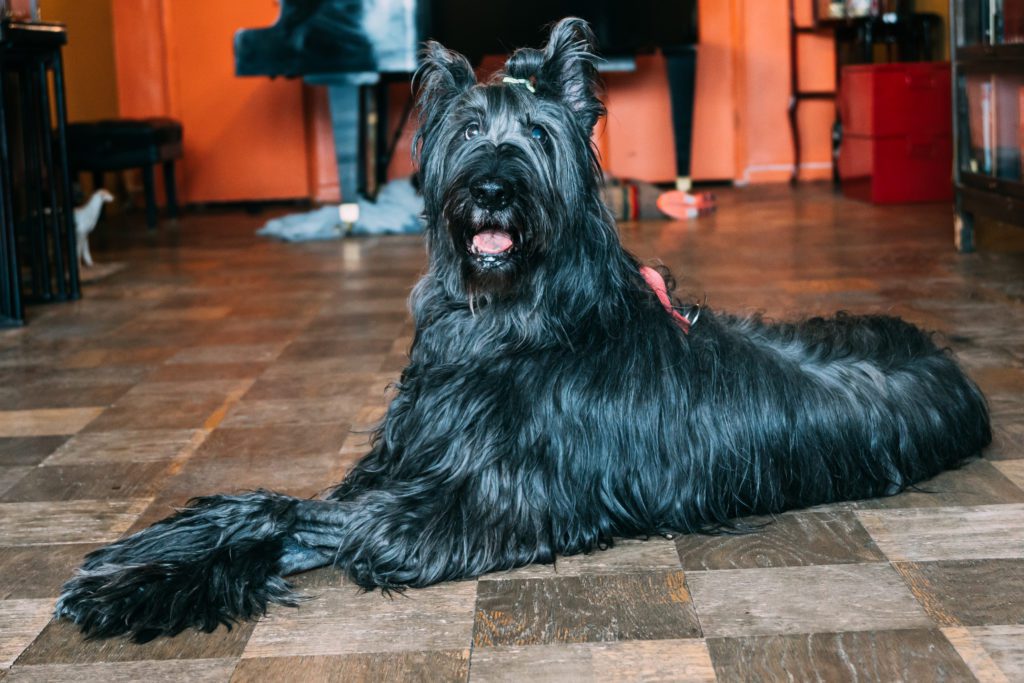Destructive chewing should be considered in context and relationship to when the behavior occurs.
If you have a puppy who is teething, the puppy will try to get his teeth on pretty much anything to alleviate teething pain or simply chew on something because it is available and tasty and calming and fun for the puppy. So really the key to solving puppy chewing is: Limiting access to tempting and/or dangerous temptations. Keep your puppy crated or gated and provide him with great chew toys and do not underestimate a puppy’s need to run, play and exercise!
If, however, you find that your dog is chewing on things when left alone you might be dealing with a more serious problem, either boredom or possibly separation anxiety. If your dog tears up the apartment by chewing on couches, door and window frames or desperately tries to get out of the crate you should definitely call a professional trainer for help, especially if you think you have provided the dog with good exercise and mental stimulation and something appropriate and delicious to chew on before you leave the house.
Contact us at DogRelations to learn how you can safely and happily raise your puppy without having your belongings destroyed, prevent separation anxiety. If you have a puppy or dog who might be suffering from separation anxiety, please call us so we can help you and your dog.




